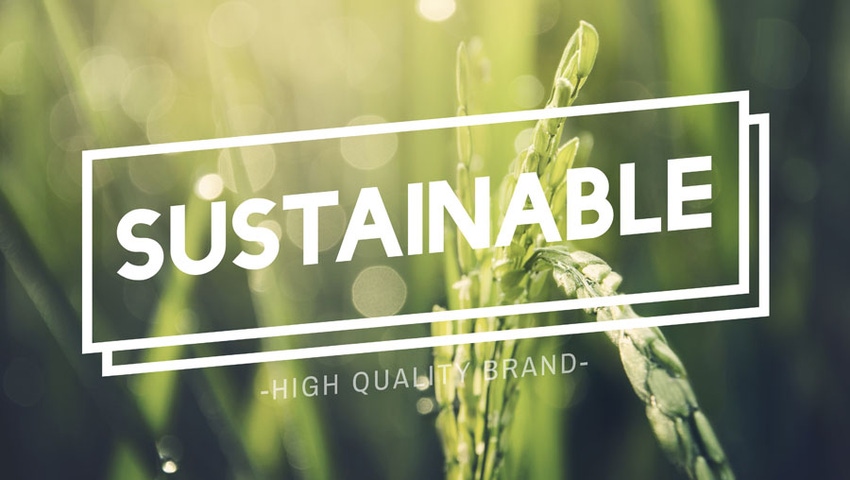Sustainable Ingredients & Supply Chain Transparency
Consumers are keenly aware of sustainability issues and are making purchasing decisions based not only on the quality of a product but also how a company embraces sustainability and applies sustainable initiatives across brand portfolios.

More than ever, consumers are seeking out foods and beverages that are minimally processed and contain natural and recognizable ingredients they know and trust. What’s more, consumers are demanding transparency about how those products are produced and where ingredients are sourced. This increased demand for clean label products is putting pressure on companies to become more transparent and address key issues such as sustainability in the supply chain.
Issues such as climate change, food insecurity, responsible farming and protecting natural resources all resonate with today’s consumers. A lack of awareness or engagement with these issues can bring real risks to businesses—especially if public perception of a brand or a company is damaged from practices such as using unsustainable sources of materials or damaging ecosystems or habitats.
After a prolonged decline, world hunger appears to be on the rise again, with the estimated number of undernourished people globally increasing from 777 million in 2015 to 815 million in 2016, according to the “The State of Food Security and Nutrition in the World 2017” report compiled by the United Nation’s Food and Agriculture Organization (FAO), International Fund for Agricultural Development (IFAD), UN’s Children’s Fund (UNICEF), World Food Programme (WFP) and the World Health Organization (WHO).
One of the greatest challenges the world faces is how to ensure that a growing global population—projected to rise to around 10 billion by 2050—has enough food to meet their nutritional needs. To feed another 2 billion people in 2050, food production will need to increase by 50 percent globally. The report concluded food security is a complex condition requiring a holistic approach to all forms of malnutrition, the productivity and incomes of small-scale food producers, resilience of food production systems, and the sustainable use of biodiversity and genetic resources.
At the 2016 UN Climate Change Summit (COP22), officials from Ben & Jerry’s, Clif Bar, Danone, Fetzer Vineyards, General Mills, Kellogg Co., Mars Inc., New Belgium Brewing Co., Stonyfield and Unilever released a statement reiterating their 2015 support for the Paris Climate Agreement through boosting their sustainability efforts, advocating achievable, enforceable science-based carbon reduction targets, and sharing their best practices to encourage other companies to join their effort.
The statement read: “The clock is ticking and it is time to make real and lasting changes to how we do business. As some of the world’s largest food companies, we have the scale to make a difference. We will do our part and we ask that governments and civil society continue to work with us in achieving both food and climate security.”
Halting climate change and an increasing agricultural footprint while ensuring growth in agricultural production to feed an estimated 10 billion people in 2050 are among the most defining challenges of the 21st century.
The demand for total transparency now incorporates the entire supply chain, as a clean label positioning becomes more widespread. Consumers are keenly aware of sustainability issues and are making purchasing decisions based not only on the quality of a product but also how a company embraces sustainability and applies sustainable initiatives across their brand portfolios. For more on this topic, download Food Insider Journal’s December 2017 issue “Sustainability & Supply Chain Transparency.”
About the Author(s)
You May Also Like






.png?width=800&auto=webp&quality=80&disable=upscale)